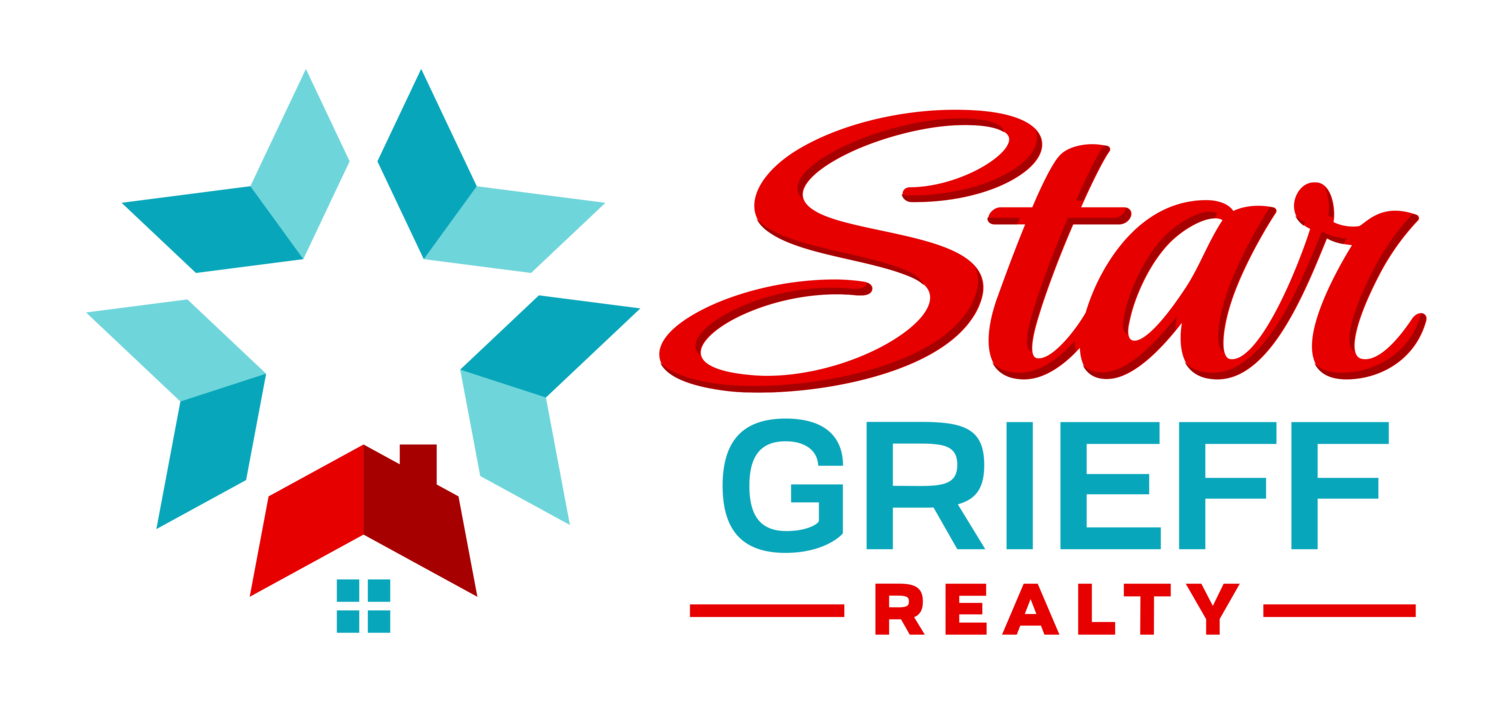
What Does it Take to Get a Mortgage?
When it comes to purchasing a home, many people opt to obtain a mortgage to finance their investment. A mortgage provides the opportunity to spread out the cost of a property over an extended period, making it a popular choice for homebuyers. However, securing a mortgage involves several key steps and requirements that must be met. Let's delve into the essential factors needed to qualify for a mortgage loan.
1. Good Credit Score
Having a good credit score is crucial when applying for a mortgage. Lenders use credit scores as a measure of an individual's creditworthiness, as it reflects their financial history and ability to repay debts. A healthy credit score, typically above 680, demonstrates responsible borrowing and increases the likelihood of mortgage approval. To maintain a high credit score, it is vital to pay bills on time, minimize debts, and manage credit utilization wisely. There are special loans programs available to you if your credit score is lower.
2. Stable Employment and Income
Lenders want assurance that borrowers have a stable source of income to repay the mortgage. Consequently, steady employment and a consistent income are vital. Typically, lenders prefer borrowers who have been employed in the same occupation or industry for at least two years. Self-employed individuals may face additional scrutiny, with lenders requiring proof of consistent income through tax returns and financial statements.
3. Adequate Down Payment
A significant aspect of obtaining a mortgage is making a down payment on the home. The size of the down payment can vary, but it is generally recommended to put down at least 20% of the home's purchase price to avoid private mortgage insurance (PMI). A higher down payment also reduces the mortgage amount, resulting in lower monthly payments and potentially favorable interest rates. There are special loan programs available that offer as little as zero percent down. There are also grants available to help cover closing costs.
4. Debt-to-Income Ratio
Lenders assess a borrower's debt-to-income (DTI) ratio to evaluate their ability to manage additional debt. This ratio compares the total monthly debt payments, including the mortgage, to the borrower's gross monthly income. To meet most lenders' requirements, the DTI ratio should ideally be below 43%. Lower ratios generally indicate a more manageable debt burden and better chances of mortgage approval.
5. Documentation and Paperwork
Obtaining a mortgage involves significant documentation and paperwork. To initiate the loan process, individuals need to gather necessary documents such as identification, recent pay stubs, tax returns, bank statements, and employment verification. Lenders may also request additional paperwork, depending on the borrower.
Contact us today and we can help you find a Lender that will fit your home buying needs and answer any questions you may have about the process!
info@stargrieffrealty.com
(815) 702-STAR (7827)
802 W. Washington Street
Pontiac, Illinois 61764
from left
Shawnee Brauman, Amanda Vidito, Robin Sorensen, Star Grieff, Niki Dransfeldt, Corlee Erkkila
Star@stargrieffrealty.com | 815-848-0015
Niki@stargrieffrealty.com | 815-867-6773
Robin@stargrieffrealty.com | 815-590-9688
Shawnee@stargrieffrealty.com | 815-216-8213
Corlee@stargrieffrealty.com | 815-992-0220
Amanda@stargrieffrealty.com | 815-290-9738

